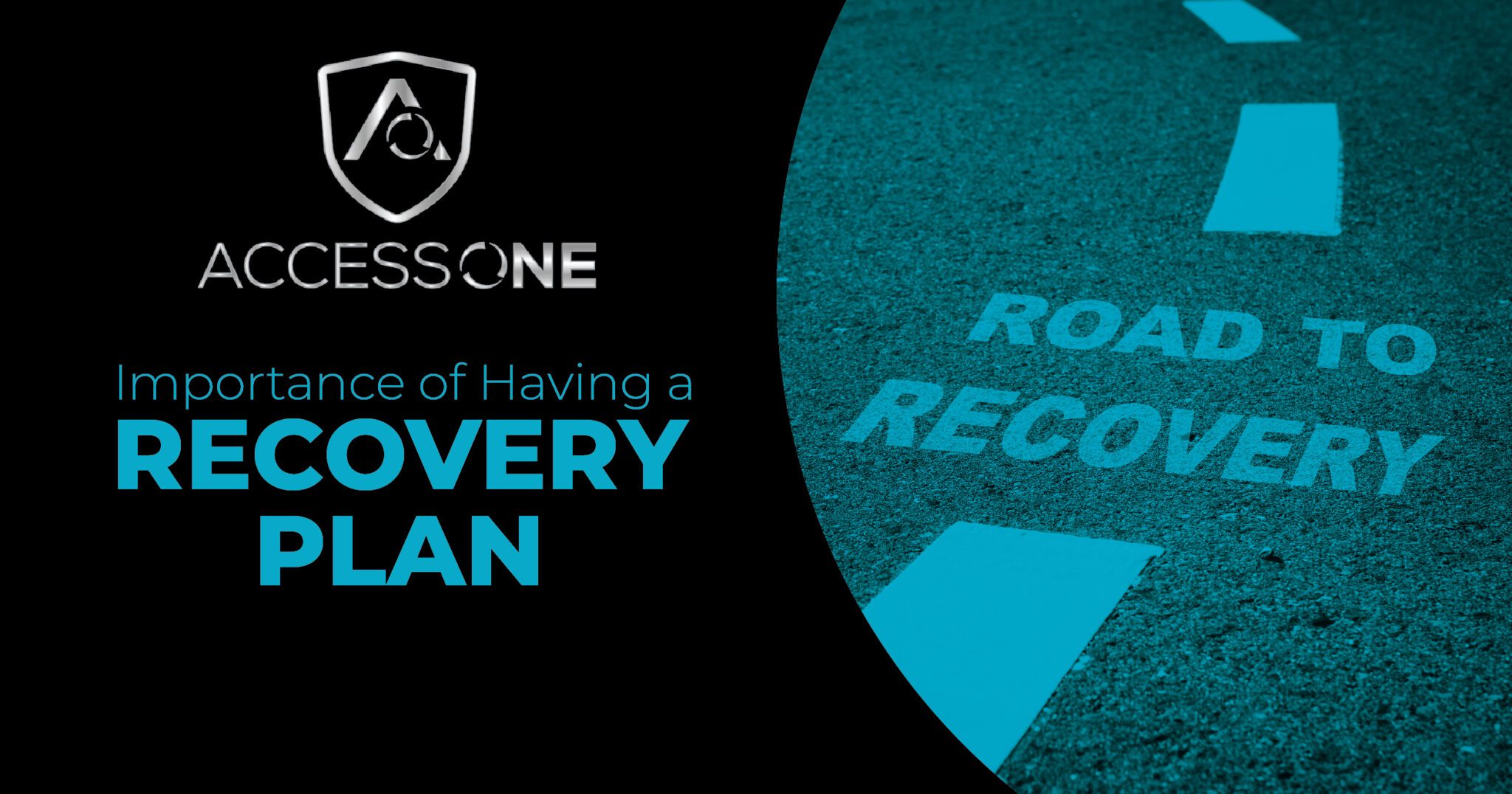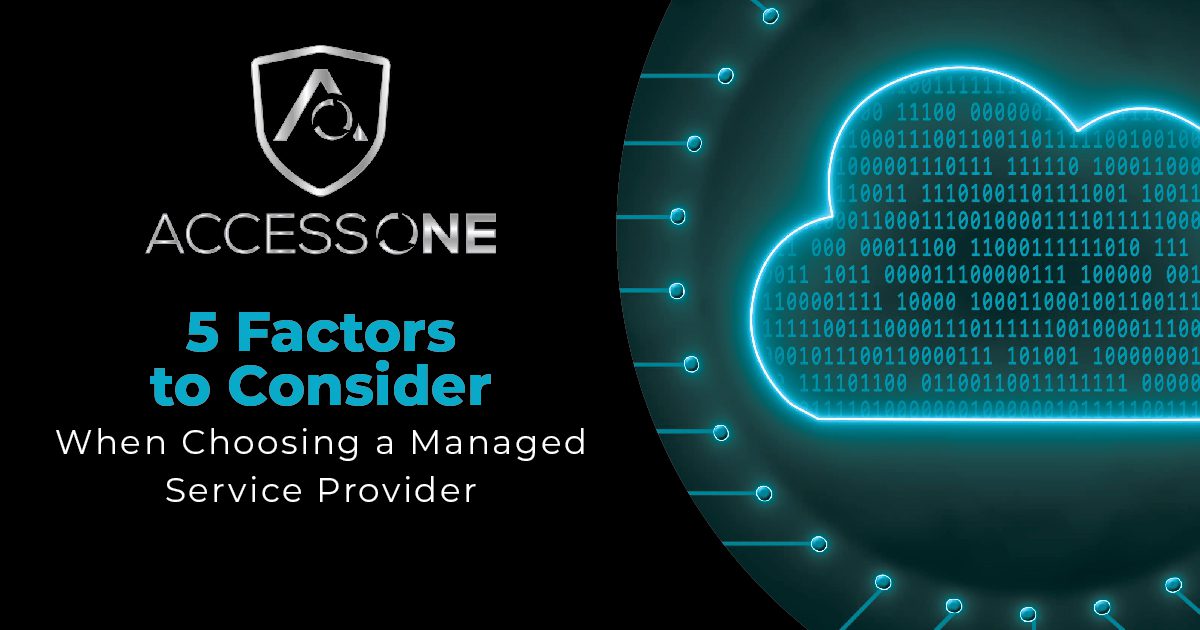When your business was in its infancy, you might have been able to sustain it with only the storage capacity available on your battered laptop. But, as your business has changed and expanded, so have the tools you use. An exponentially increasing customer base, inventory and order history can quickly bog down standard hard drives, slowing things to a crawl. And the more data you try to store locally, the more you have to lose if your computer system crashes. If you’ve reached that exciting stage where your company has outgrown your current storage methods, it’s time to take a look at advanced storage solutions. When it comes to data storage, it’s always best to learn before you leap, especially if you’re a small or medium-sized business. Your data is vital, and handling it properly is critical. Here are five things you should consider before getting started with advanced storage solutions:
1. Spend time developing sustainable advanced storage solutions
One thing’s for sure: as a key player in a growing business, you have neither the time nor the energy to continually reinvent the wheel. Regardless of how hectic your day may be or how desperate you may feel in the moment to implement new advanced storage solutions, resist the urge to rush this important decision. Whether you’re designing your system in-house or working with a dedicated company, plan to spend several months developing your system before roll-out. As the old saying goes, “Haste makes waste.” An advanced storage system that is poorly designed or does not carefully incorporate the nuances of your particular business can open a Pandora’s Box that is difficult to close after the fact.
2. Learn the initialisms
When you dive into learning the language of storage solutions, it may feel a bit like you’re swimming in alphabet soup. Boost your ability to speak fluently about this topic by learning the three most common initialisms:
- Storage area network (SAN): A network that connects shared storage devices to multiple servers.
- Network attached storage (NAS): A data storage server that connects to the network and provides access to stored data.
- Directly attached storage (DAS): Storage that’s attached to the computer.
3. Use temporary storage to migrate data
Moving data from one storage system to another is rarely as simple as it may seem at first—and always presents at least some level of danger. Regardless of which data storage system you’re moving from and which you’re moving to, you should employ a temporary storage system. Not only does the use of a temporary system make movement from one permanent storage system to another easier, it also protects your business from suffering a potentially catastrophic data loss in the process.
4. Know your compliance regulations
Depending on what type of company you’ve built, you might have some strict compliance regulations to consider while developing your plan. Among other things, these may include stipulations regarding data privacy and security, as well as specific laws governing data stored on servers that are located outside the one’s own country. If you’re taking the DIY approach, consulting legal counsel regarding any regulatory considerations is a must. If you’re working with a vendor, make sure this company has the appropriate credentials necessary to handle your data.
5. Keep your budget flexible
If you’re growing your business, selecting something that’s budget-friendly is obviously preferred. But budgetary concerns shouldn’t be your only—or even your primary—consideration. Broaden your horizons and explore all solutions, even some that may be a bit over your initial budget. Data storage is simply too important to leave up to the lowest bidder. But before you go…
BONUS: Consider the Cloud
Even some of the most tentative and cautious businesses owners have now embraced the concept of the Cloud. While moving your data to the Cloud can seem daunting at first, it’s something you should definitely consider—particularly if your business employs the use of mobile technology, since the Cloud allows for easy data access from devices of all types. By selecting a cloud data storage solution, you can avoid having to continually expand and maintain your data storage system. Advanced storage solutions are complex. You’re not going to know all you really need to know by reading a few articles. If you still feel a bit lost and overwhelmed, partnering with a company dedicated to storage solutions is a wise and reassuring choice. By working with experts in the field, you can more effectively explore the variety of services available and more rapidly find the perfect sustainable solution for you.















